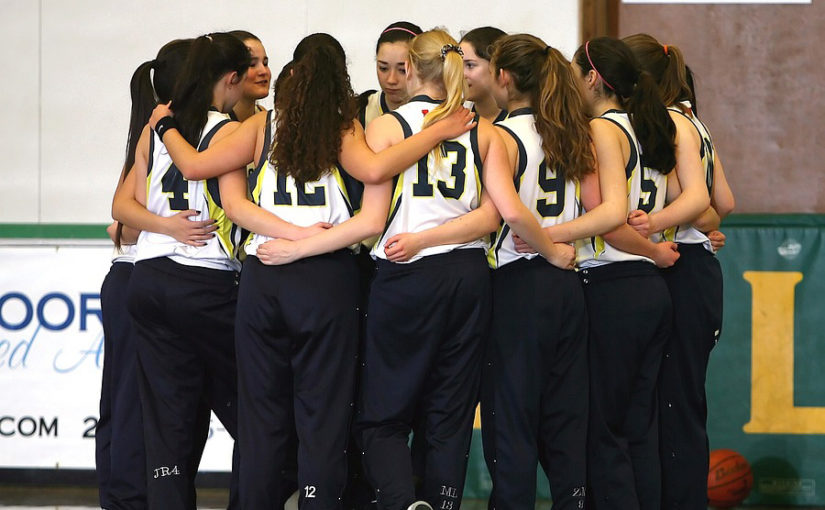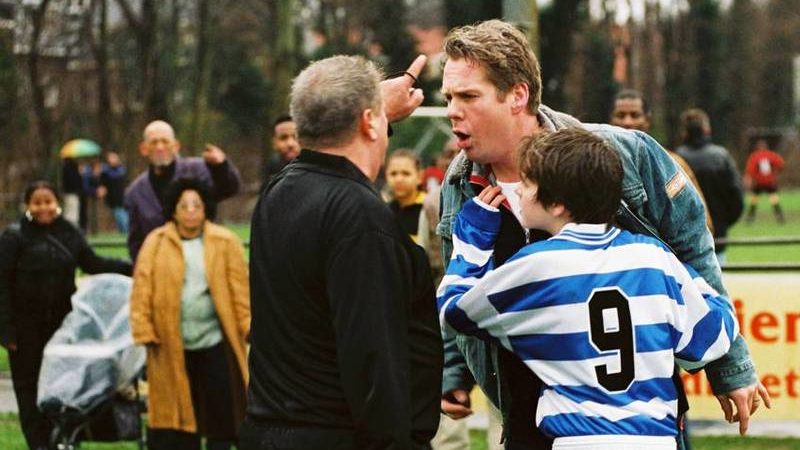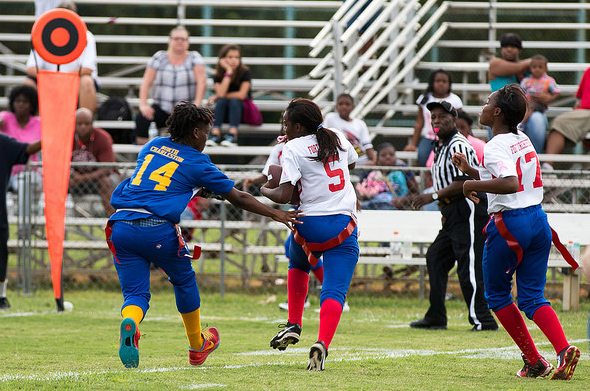Strategies to coaching your sports parents
We all realize the need to coach our athletes, and I would be willing to bet that most of you have at least heard about coaching your coaches.
It’s imperative though to remember the third aspect of our high school athletic programs when we talk about coaching and training: parents.
 I never really considered the idea of coaching parents until I started our feeder basketball program in 2004. Back then, I was only concerned about getting to know future Mustangs and trying to make sure they had a strong foundation of knowledge when they arrived in our high school basketball program.
I never really considered the idea of coaching parents until I started our feeder basketball program in 2004. Back then, I was only concerned about getting to know future Mustangs and trying to make sure they had a strong foundation of knowledge when they arrived in our high school basketball program.
As things progressed, I learned that the influence I had on our feeder parents was making a difference. I wasn’t getting paid and I was managing the feeder program on my own time and dime. That made it pretty clear there wasn’t going to be a lot of room for complaints and behavior toward officials, fellow fans, our players and the opposing teams was going to be paramount to being a part of our program.
As we moved forward, those behaviors, thoughts and ideas became second nature even as those parents moved from the feeder system to the high school level. In essence, those parents had been “trained” or “coached” in how to support a program and conduct themselves appropriately.
While I’m a big proponent of feeder programs, I’m not suggesting any of you start your own. Your time and situation may not fit like it did for me during those years. You can, however, set the tone for your parents to support their children and your program.
Here are a few suggestions that range from the obvious to some that may take some effort to implement.
1. Preseason parents meetings.
This is where you establish your standards. You need to be firm with what you expect but you also need to make it clear those expectations are important because they’re good for the program and the children. If you do it on the basis that you’re the judge, jury and dictator of the program, your words may fall on deaf ears.
That contradicts what I said earlier about guiding my feeder parents, but you have to realize as a high school coach and sponsor you’re expected to do a job that these taxpayers are footing the bill for.
2. Understand their role.
Recognize that the No. 1 priority for parents is their children, not your team or group. Tell them you know how much they love their kids. They need to hear that you know this and have empathy for that fact.
3. Constantly communicate.
Parents give you a lot of slack on game decisions if they feel like they know what’s going on with practices, game times, bus departures and other aspects of your program. You can be the greatest coach of this era, but if parents never know when their kids will be done with practice on Saturday morning and they sit in the parking lot waiting an extra hour, you will never catch a break.
4. Phrasing expectations.
Think about how you want to articulate your expectations. This is important during the preseason parents meetings, but it’s also essential during conflicts.
For example, consider that you have a parent who is hard on officials or players at games. Invite them to speak with you in a settled environment where emotions are calm. Give them a chance to have their say and tell you how they’re feeling.
As much as you might want to interrupt their stream of consciousness as their points become ludicrous, let them finish. This allows them to get frustrations off their chest — which is probably what they wanted anyway — and it gives you an unencumbered opportunity to say what you need to say. Tell them that you understand their passion, but the players need a positive atmosphere around them.
This is your chance to invite them to be a part of your school and program. It also plants the seed in their minds that they are maybe acting the part of a pariah if they choose to continue to act the way they’re currently acting.
5. Coach contracts.
If you’re going to expect a lot from parents and their children, show them that they should be able to expect certain things from you.
Consider creating a contract outlining what you and your staff promise to provide for players and the program. Have each coach sign this document and include it with the packet that you hand out to parents.
6. The ‘anonymous option.’
Coaches must remove what I call the “anonymous option.”
We’ve all opened up that email from a parent and found 29 paragraphs staring us in the face. Do not respond in kind. If a parent feels that the topic is important enough to type a lengthy email, it deserves your full attention.
Tell them, “I appreciate your thoughts on the topic. I think it’s important enough that we meet or, at the very least, speak on the phone.” Our society has lost its ability to deal with conflict face-to-face and this plays to your advantage. You are showing great respect to the parent by offering to meet but you are also going to put them on the spot to voice their concerns and look you in the eye when they do it.
Most of the time this means the situation will be more tempered and thoughtful than the soliloquy you had to endure in the email. Ten to 15 minutes of talking is worth 100 pages of emails. You don’t have to walk out of the meeting in full agreement, but you will walk out with a greater understanding of their perspective.
I certainly don’t have all the answers to parent-coach relations, but I’ve gone down the wrong path enough times to know what typically works and what doesn’t.
Most parents want two things from you: to work hard for their kids and care about their kids. Doing all of the above shows that you take that responsibility very seriously.
Shane Matzen coaches basketball at Marquette High School in Chesterfield, Missouri.
One thought on “Strategies to coaching your sports parents”
Leave a Reply
You must be logged in to post a comment.






Per the article above, holding pre-season meetings with parents and setting expectations up front are the two most important steps any coach can take to alleviate the usual problems that occur with parents. Effective leadership starts with effective communication. You HAVE to set expectations with parents before the season begins.